Financial Spring Cleaning and Smart Strategies for Your Tax Refund
It’s that wonderful time of the year…spring cleaning! Although you may be looking to clean out your garage or basement, I’m talking about your financial spring cleaning list, and how you can maximize that tax return coming to you soon. I thought I would write up some smart was to invest with any refund you may receive, and how to maximize your financial strategy to start of the year:
Contribute to Your Roth IRA: If you anticipate that your marginal tax bracket will be substantially lower during your retirement, years of tax deferral through a traditional retirement account may offset your future tax bill. On the other hand, if you expect tax rates to rise in the future, you may be wise to consider putting some funds into a Roth account, giving yourself more options for tax savings. Reinvesting in your future is the name of the game, and this is a wise strategy to implement while you’re thinking about what to do with your tax return!
Invest in a 529 Plan: Timing is everything! Although 529 plans are tax-advantaged accounts, potential federal tax impacts are something to keep in mind. Under special rules unique to 529 plans, you can gift a lump sum of up to five times the annual gift tax exclusion—$75,000 for individual gifts or $150,000 for joint gifts—and avoid federal gift tax, provided you make an election on your tax return to spread the gift evenly over five years.
Build Up Your Emergency Fund: It’s always wise to check on your emergency fund, and if your tax refund allows, it’s always a safe bet to contribute to this kind of financial account. You never know what life will throw your way, so being prepared for challenging times comes can be a sure way of putting those fears as ease. As a rule of thumb, I would recommend having 3-6 months of your income stashed away for emergencies. That being said, how much you should have in emergency reserves always comes back to what is comfortable to you!
Pay Down Debt: If you’re carrying debt that exceeds what’s normal for the average household (or debt with relatively high interest rates), we discuss strategies at IEM to pay it down as aggressively as is possible. Here are two approaches to consider if you find yourself in this situation:
Snowball Debt Elimination: This involves identifying lowest-balance debts and targeting them for priority repayment while making only the minimum payment on other items of debt. Once the lowest balance is paid off, move on to paying down a new set of lowest-balance debts.
Debt Avalanche: This strategy advocates paying off debts with the highest interest rate first. This makes mathematical sense but requires discipline and the ability to stick with the process.
Discretionary Spending or Vacation Budget: We can’t forget about the fun stuff, right? If your budget allows and your tax refund is substantial enough, you may want to think about putting that relief back into yourself and your life. If you have experienced a great amount of stress or anxiety due to recent world and health events and haven’t put time into your well-being, it never hurts to plan out your next vacation or purchase something that you’ve been holding off on. It’s that wonderful time of the year…spring cleaning! Although you may be looking to clean out your garage or basement, I’m talking about your financial spring cleaning list, and how you can maximize that tax return coming to you soon. I thought I would write up some smart was to invest with any refund you may receive, and how to maximize your financial strategy to start of the year:
I hope you found this helpful during your financial spring cleaning time and how you should reinvest your tax refund if you choose to do so. All of us at IEM are always here to discuss your financial situation with a free consultation.
~ Presented by Charles Stewart

